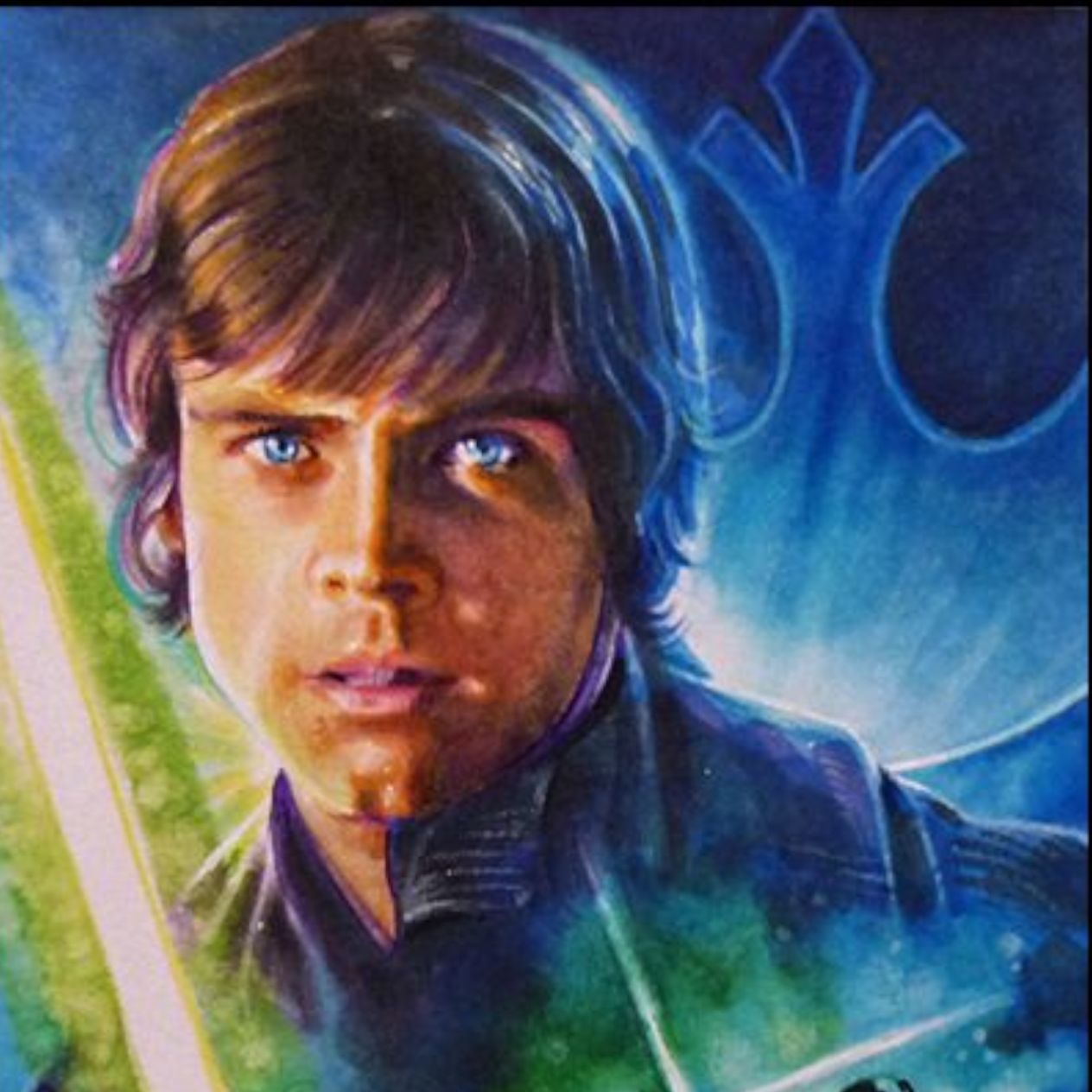The original trilogy of Star Wars films, spearheaded by George Lucas were critical and commercial successes. However, in 1997 Lucas released the “Special Edition” of the films for the trilogy’s 20th anniversary, which featured extensive changes to the original theatrical cuts.
The original cuts have since become scarce. However, a group of Star Wars fans, known as Team Negative One have reportedly almost completely digitally restored the original cuts in 4K using 35-millimeter prints of the original trilogy.
The project is headed by Robert Williams, who along with his team have spent almost a decade restoring the films.
“They’re not really upset that he made the changes, because some of them are pretty cool and actually make the films better. They’re really upset that he didn’t also release the original version alongside it. Just put two discs in the box. We’d have been happy.”
Williams made the above statement to The New York Times, explaining the motivation behind preserving the original cuts of the trilogy. However, the publication also noted that Team Negative One’s activities were not authorized as they worked with film reels meant to be destroyed or returned. Hence, the legality of Team Negative One’s restored versions of the original trilogy is questionable.
…
Given Lucas’ strong feelings about the Special Editions, it is evident that the filmmaker would be unhappy with fans trying to preserve the original cuts, which he referred to as “rough drafts” in the past.
According to reports, Lucas allegedly voiced his disappointment with fans demanding a high-resolution release of the original cuts in the following words:
“Grow up. These are my movies, not yours.”
Similarly, when the National Film Registry aimed to preserve 1977’s Star Wars (later retitled Star Wars: Episode IV – A New Hope), Lucas reportedly refused to provide them with a copy of the original theatrical release.
Lucas stated that he would no longer authorize the original version’s release, reaffirming that he did not intend for the audience to view the theatrical cuts. After Disney acquired the franchise, Lucasfilm President Kathleen Kennedy also stated that Lucas’s changes to the theatrical cuts would remain untouched. Hence, it is safe to say that Lucas would certainly be unhappy with fans still trying to preserve the original cuts.



This is perhaps the best analogy for what he’s doing that I’ve seen. The only thing I could add is that for creative projects like movies (or books, paintings, sculptures, etc.), especially ones you are trying to release and get paid for, at some point you have to stop yourself from making tweaks or adjustments to the product and decide it’s good enough to release, because there will probably always be something you think can be better or you just aren’t sure you’ve chosen the best option. In fact, the longer you look at it, the more likely you are to second-guess even correct choices you’ve made because you’ve stared at it for so long.
The other thing a creative person needs to do once it’s released is to let it go. You can’t go back and keep second-guessing yourself. You also can’t look back 20 or 30 years later and think with all the experience you’ve gained in the intervening years or the new tools that are now available you could do it so much better. Accept it for what it is, a product of that era and that stage of your career. And there’s no guarantee that the new tools or experience will actually yield a better product. Sometimes the limitations force us to be more creative and the solutions end up being better than if we had no challenges.
I agree. Whatever analogy works or doesn’t, there is a pretty significant disconnect, and he falls on the worse side of it.
It goes from quirky tinkering that maybe deprives the world of new and good projects (but probably doesn’t, if his heart wouldn’t have been in them), to a weird, anxiety-fueled ego trip lording the power that copyright laws give him over the audience that his (very collaborative, I might add) works found for themselves after he and his colleagues sent them out into the world.